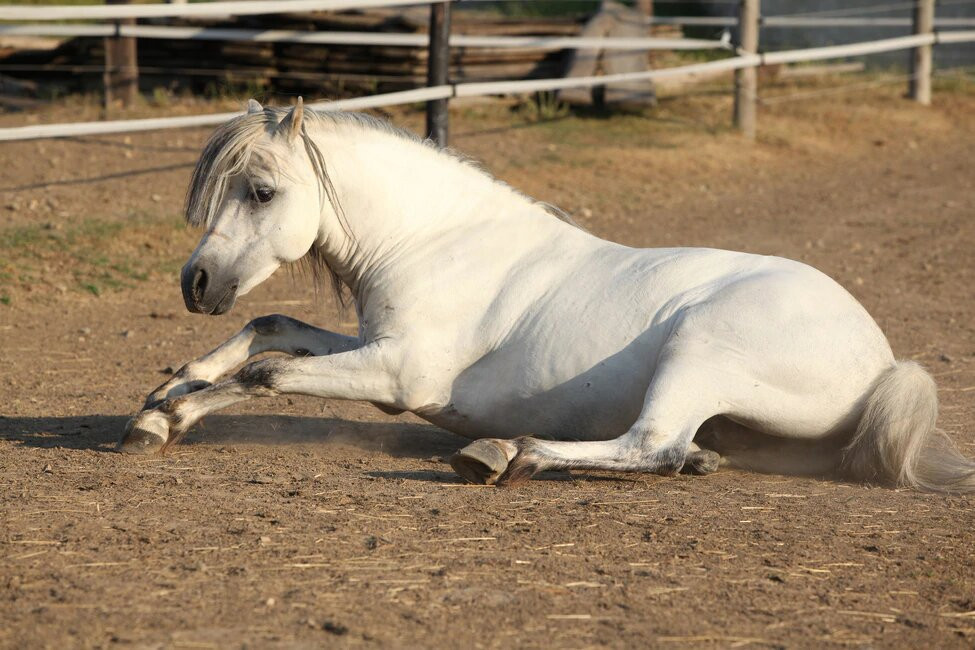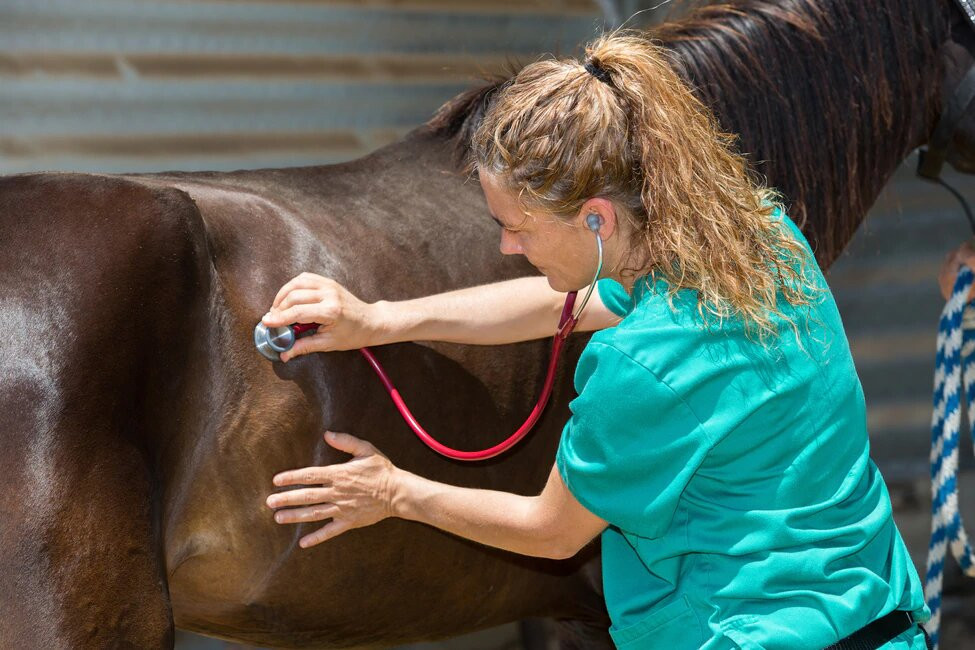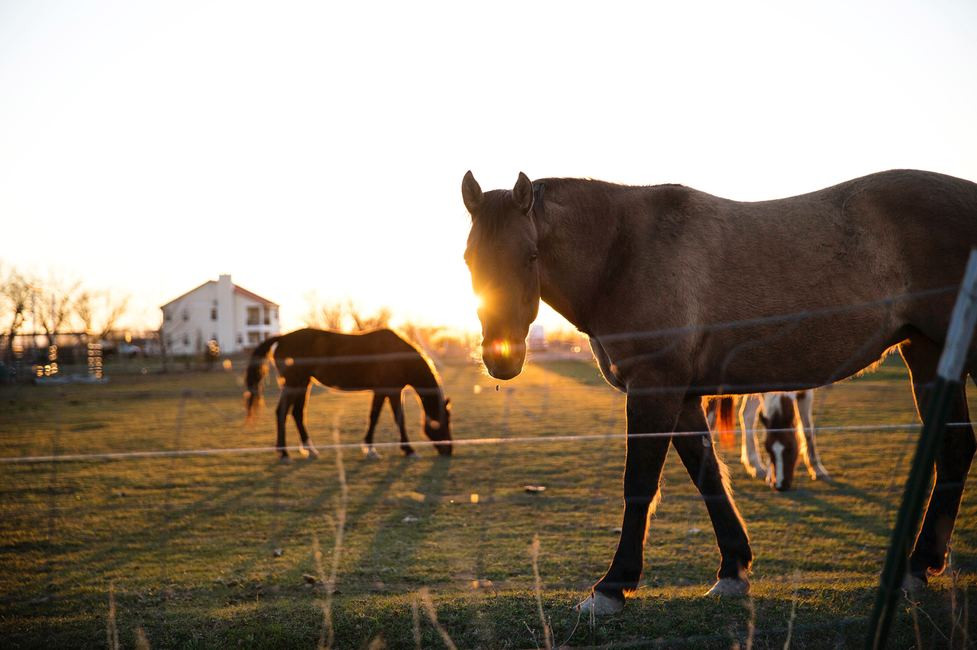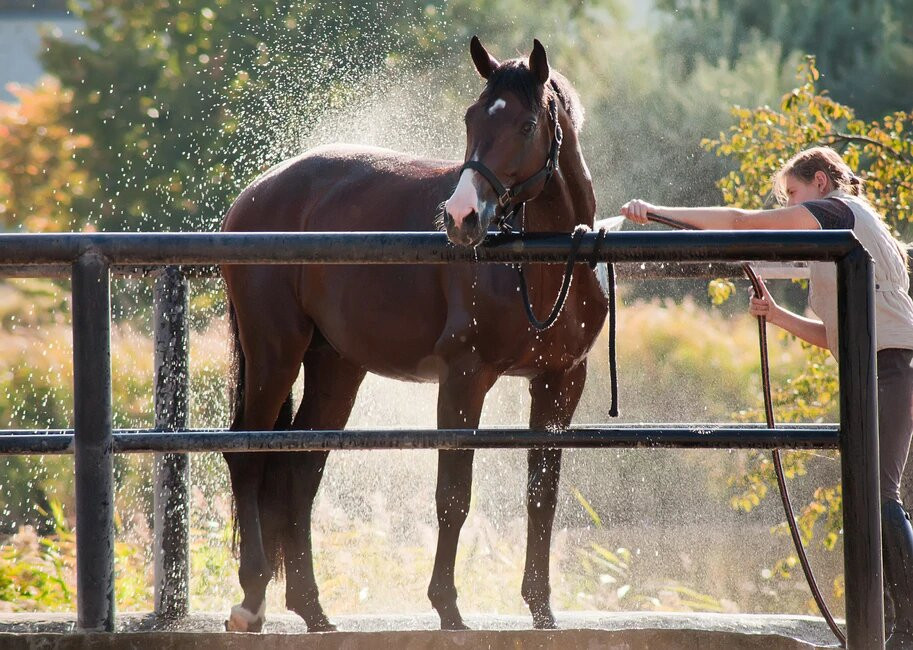
Severe Colic and New Treatments
Generally, the population of horses that develop severe colic includes the ones that don’t respond to the veterinarian’s initial treatment. Almost all severe colics start as mild colics that are simply left too long. Delve into the signs an…

7 Must-Know Horse Colic Prevention Tips
Colic is one of the most distressing medical emergencies a horse owner can experience; it can come on quickly, is extremely painful and potentially life threatening. Luckily, with a good understanding of your horse's digestive system, you can h…

Colic Prevention and Relief Tips
As the top cause of death in horses, colic is dreaded among horse owners. Luckily, prevention is possible. Learn several preventative and relief measures you can take in this guest blog by Katie Casale.
Equine colic is a comm…

What You Need to Know About Equine Skin Health
A healthy, shiny coat, while not the most important factor
when showing or competing, will always catch the judges' eyes. It is also a
sign of good equine health in the largest, most visible organ - the skin.
Skin
health is som…

Antibiotics: Your horse's digestive foe?
Veterinarians and horse owners are often faced with cases that include some type of infection or risk of infection. When this happens, antibiotics undoubtedly enter the treatment regimen.
Right?
Not exactly. Veterinarians wi…

6 Things You May Not Know About Sand Colic
Colic is the most common medical
ailment in the horse and, over the past 25 years there have been great strides inboth horse colic treatment and prevention. Improvements in deworming
products and schedules, equine dentistry, and management…

